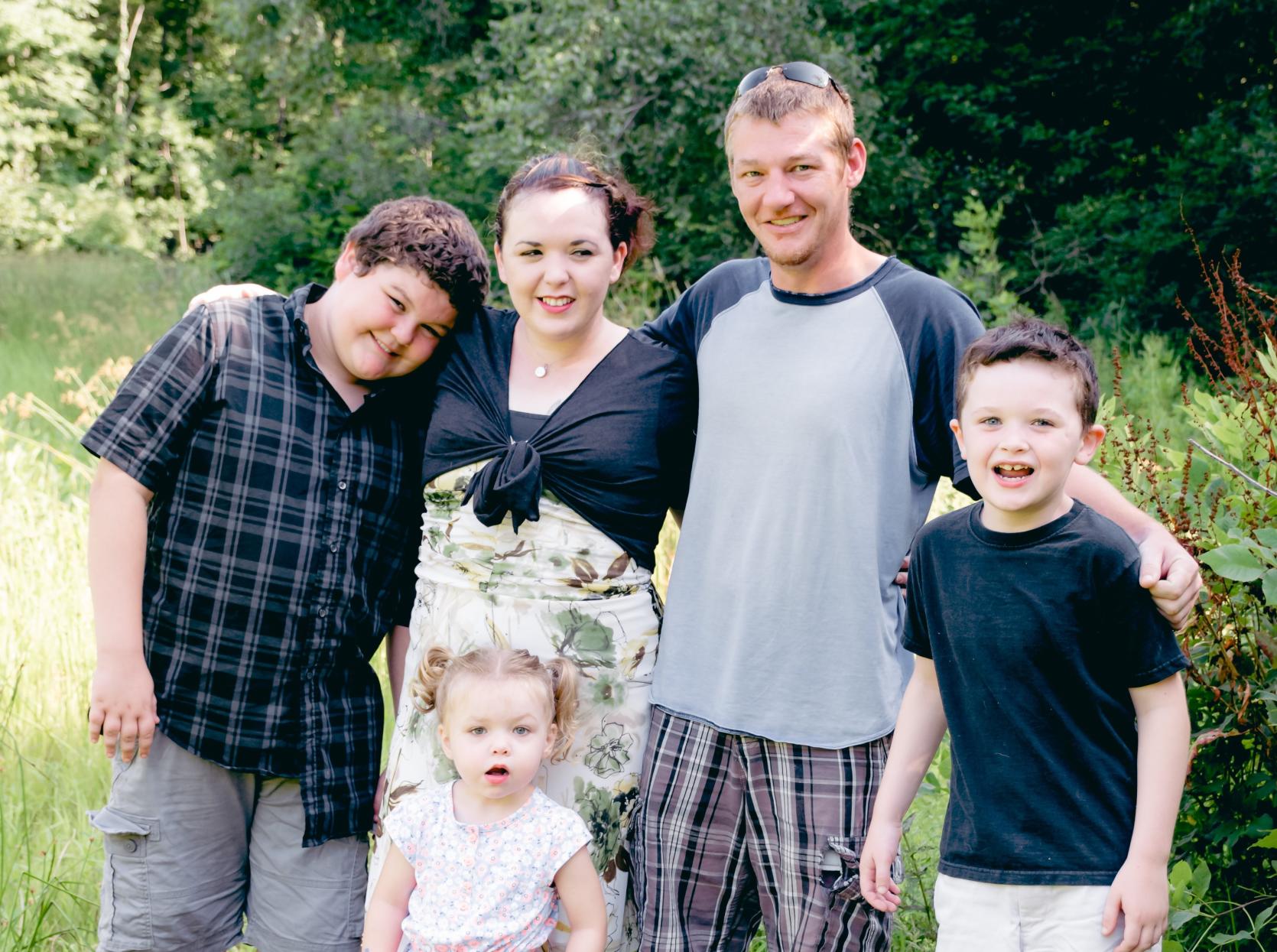- Massachusetts Rehabilitation Commission
Media Contact
Nick Pizzolato, Digital Communication Coordinator

Caitlin O'Leary had heard about the Massachusetts Rehabilitation Commission (MRC) before attending an orientation session but did not understand how the agency would provide her resources to succeed. Her father, who was also a person who experienced disabilities, and had heard of MRC, brought a reluctant Caitlin to learn more. “I'm not like any of these people," she remembered thinking.
Eleven months before that, Caitlin was in a car accident, causing her to be in a coma for a month. As a result of the collision, she suffered a diffuse axonal injury, a traumatic brain injury resulting from the brain rapidly shifting inside the skull. When she regained consciousness, Caitlin needed speech, occupational, and physical therapy as a part of the recovery process.
One of the reasons she didn't choose to attend the orientation session was that her father was her source of transportation. "I told him, 'No! I don't want to go'," she said with a smile remembering her late father's insistence that she attend.
Since that first session, Caitlin has earned her associate's and bachelor's degrees. She's been able to achieve her employment and education goals, and because of the programs and resources that MRC provides, she's been able to afford to buy a car and a house for her family.
This economic independence and confidence in her skills and value result from vocational rehabilitation (VR).
VR, a division of MRC, is focused on providing people experiencing disabilities resources and services to help them complete their educational journey, develop employment skills, and connect them with employers. VR can also help provide physical tools like laptops, software programs, and hearing aids to those in need of them.
VR isn't a one-size-fits-all solution. Every person is different, and every program is going to differ.
"As a vocational rehabilitation counselor (VRC), it is my goal to understand where the individual is at that point in time, as well as to identify the support and skills needed so the consumer can be successful, said Caitlin's counselor Crystal Hodgkins. "My job is to ensure they are happy with their plan, that it is effective, taking into account strengths, limitations, and it provides the support they need to find and keep a job throughout changes in life circumstances."
VRC's take the time to get to know their partner and find out their short and long-term goals. Not everyone knows what they want to do, and that's ok. VRC's are there to help figure out the next step. They use their knowledge and network of professionals and businesses to find the right fit for that person.
"Everyone has their own experience and response to having a disability. My job is to appreciate their experience and help them to reach an outcome that is positive for them," said Hodgkins, who began her career as VRC after working with individuals who needed assistance. "I knew I wanted to facilitate work for people and assist them to feel empowered, confident, and worthwhile."
For someone like Michael Panchu, a recent college graduate, MRC helped him continue to get the education necessary to be placed in his current job, a technical support engineer at Zerto.
"MRC helped me in pursuing continuing education in the IT field after I graduated from the University of Massachusetts Boston," he shared. "The Cisco certificate program served as a nice buffer to keep my resume as sharp as possible, during tough times."
Colleen Moran, the director of workplace integration at Mass General Brigham, has been an employer partner with MRC for more than 20 years. "MRC has a constant pool of talented candidates as well as a rounded team of job placement specialists and counselors who can connect appropriate job seekers to open jobs."
To employers who are looking for qualified candidates, she has one thing to say, "Call them. They have great and talented candidates who are ready to work."
Panchu has the same advice for those who experience disabilities but don't know where they can turn to for help. "There is no shame in asking for help to get where you need to go to in your professional career."
He added, "The process and support at MRC are great. A lot of us don't have the fortune of going through life without hurdles, and MRC does a good job of stepping in to mitigate them. Take advantage of the services they have to offer. It was great to know that MRC has connections to various companies."
"The vocational plan is driven by the consumer. Consumers have the right to a plan that sets them toward their goal. The counselor's role is to guide them and advise them on how to achieve their goal or maybe choose a new one," says Crystal.
"I never, ever wanted to be treated like I had a disability," said O'Leary. "I want to do everything on my own, but I can't. Crystal helped me get the help I needed but also expected me to work hard."
"My success is on my terms, and I like that."
Photo: Caitlin with her family. Her partner Paul and her three children, Nathan, Ronan, and Shay.
